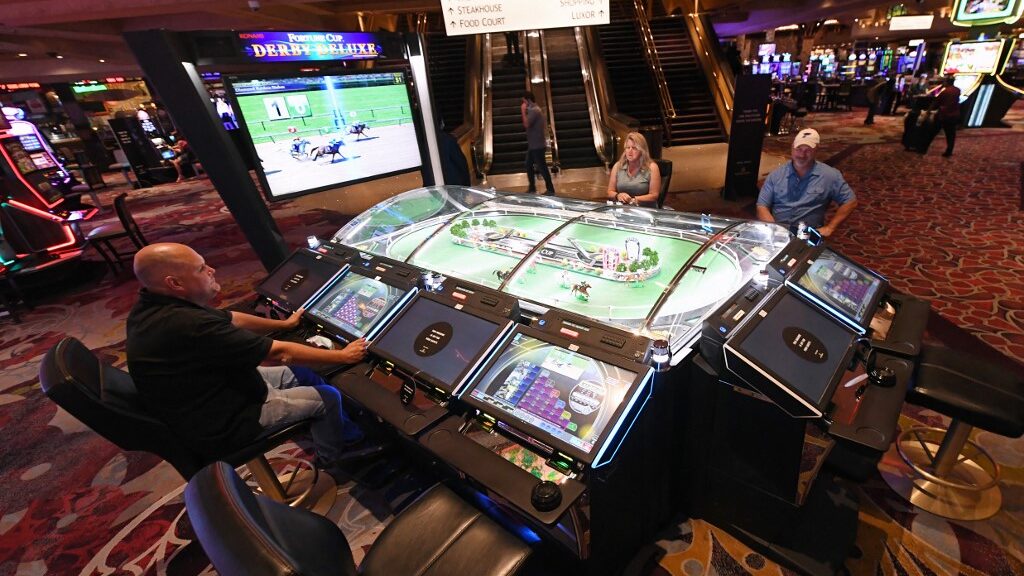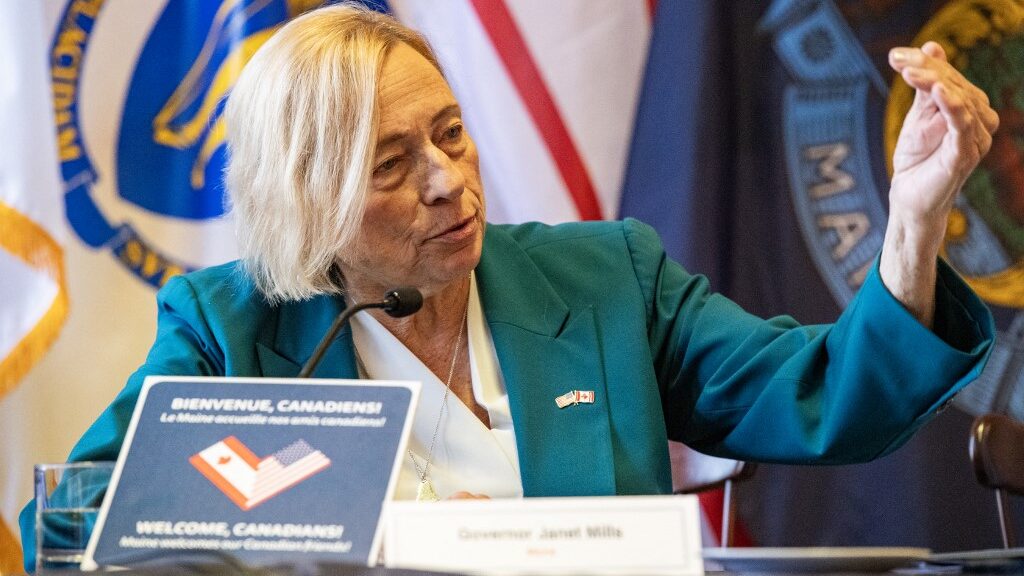
Historic horse racing may already be history in Minnesota. Last week, state regulators in Minnesota approved the new game, which gave the North Star State’s two horse racing tracks some hope. But Democrats burst their bubble when they came back about a week later and started to push a law that would stop these games before they even began.
The Minnesota House Commerce Finance and Policy Committee, chaired by Rep. Zack Stephenson, engaged in a heated debate over bill HF5274.
HF5274 aims to overturn the Minnesota Gaming Commission’s decision to permit historical horse racing machines at Running Aces and Canterbury Park racetracks, among other provisions, including what constitutes a card game and a gaming table.
Although sports betting was not the primary topic, the outcome of this discussion could influence its legalization.
Despite the controversy, the committee passed the bill with a narrow 9-8 vote. It is now slated for review by the State and Local Government Finance and Policy Committee.
If Approved The Terminals Would Open Next Month
Joint companies operating Canterbury Park in Shakopee and Running Aces in Columbus received approval from the commission to install 500 terminals for new games.
The terminals will start hosting gambling activities on May 21, the day after the Legislature is set to adjourn for the year.
Who Opposes the Idea Of HHR Terminals?
A Minnesota Indian tribe appealed to the state Court of Appeals to reverse the commission’s decision.
The Shakopee Mdewakanton Sioux Community lodged a petition with the court, hoping to stop the regulatory modification. The Shakopee community’s lawyers contend that the commission did not have the authority to sanction the games. They also contend contend this form of gambling is too similar to slot machines, which tribes have exclusive rights to host in their casinos.
A group of employees from Canterbury Park and Running Aces also voiced their concerns, testifying that the proposed changes could jeopardize their employment. They say getting rid of both games and pushing the race tracks out of a sports gambling proposal could put the future of both tracks at risk.
Running Aces CEO Tracy Wilson testified, urging, ‘Please let this go through our legal system.’ She expressed feelings of ‘anger, sadness and disappointment’ when discussing her reaction to the bill.
Tracks Don’t Want to Lose Money
The discussions about historic horse racing and its potential ban are making the talks about sports betting more complicated. That’s because lawmakers are trying to find a middle ground before their meeting ends next month.
Wilson and some others believe that if they can keep historic horse racing and other games, the race tracks won’t need a part of the money the state expects to get from sports betting. Both the House and Senate plans currently offer this.
But what they’re getting from the current sports betting bill isn’t enough, according to Wilson. She said that her track, Running Aces, would need between $5 and $6 million every year to cover the money it would lose if it couldn’t offer sports betting.
Lawmakers are hopeful a deal that will satisfy all parties can be reached. We’ll continue to monitor the developments and provide an update when it’s warranted.















